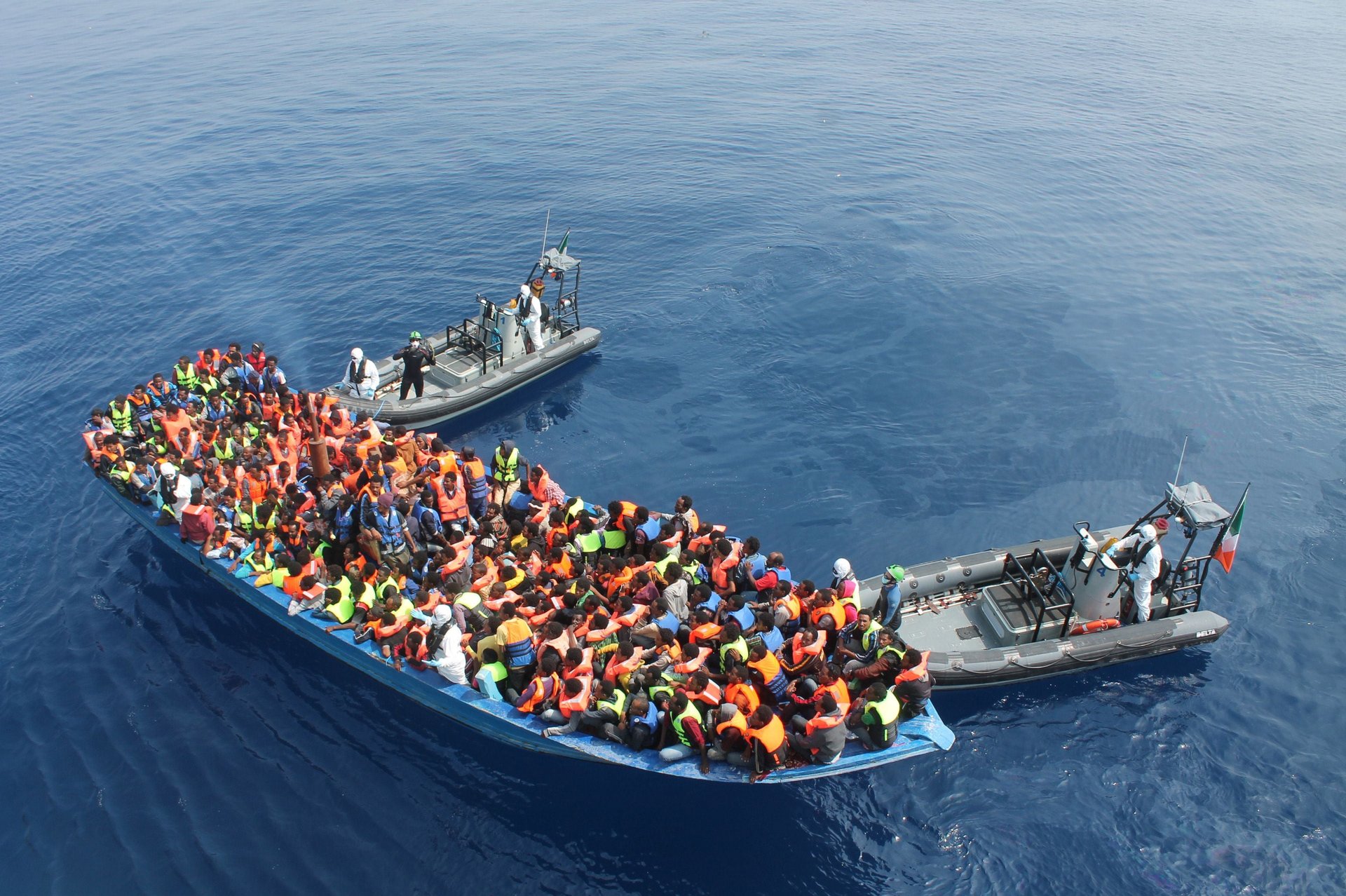The world is expressing remorse for ignoring a growing refugee crisis. Why now?
Devastation at Europe’s borders is nothing new. In May, Spanish immigration authorities released x-ray images of an eight-year-old Ivoirian boy found huddled inside a suitcase. In June, a man fell from the sky onto a rooftop in London, having stowed away in the undercarriage of an airplane all the way from South Africa. In August alone, more than 600 people drowned trying to reach Europe.


Devastation at Europe’s borders is nothing new. In May, Spanish immigration authorities released x-ray images of an eight-year-old Ivoirian boy found huddled inside a suitcase. In June, a man fell from the sky onto a rooftop in London, having stowed away in the undercarriage of an airplane all the way from South Africa. In August alone, more than 600 people drowned trying to reach Europe.
Most of the rest of the world shrugged and went on with its business.
Now, reproached by devastating front page photos of a Syrian toddler found face-down in the surf, governments across the Middle East, Europe, and North America are calling for action, and public opinion has been catalyzed into genuine grief. Why only now? And why do our sympathies distinguish between refugees of war and those fleeing economic or environmental hardship, who are dying alongside them?
Refugees constitute only a small percentage of the world’s 232 million migrants. On the deadly Mediterranean Sea passage from North Africa to Europe, smugglers endanger all kinds of people fleeing an assortment of crushing conditions. As Syrian Kurds, three-year-old Alan Kurdi and his family were in bureaucratic limbo in Turkey. Perhaps their lives were not in danger, but like any other migrant family with limited access to work and education, their future was.
Kurdi’s parents risked everything to change that, and we have been shown—not for the first time—what it looks like when circumstances compel such a gamble.
This originally appeared in the weekend edition of the Quartz daily brief. For more essays like this, delivered straight to your inbox, subscribe to our free newsletter. Sign up here.